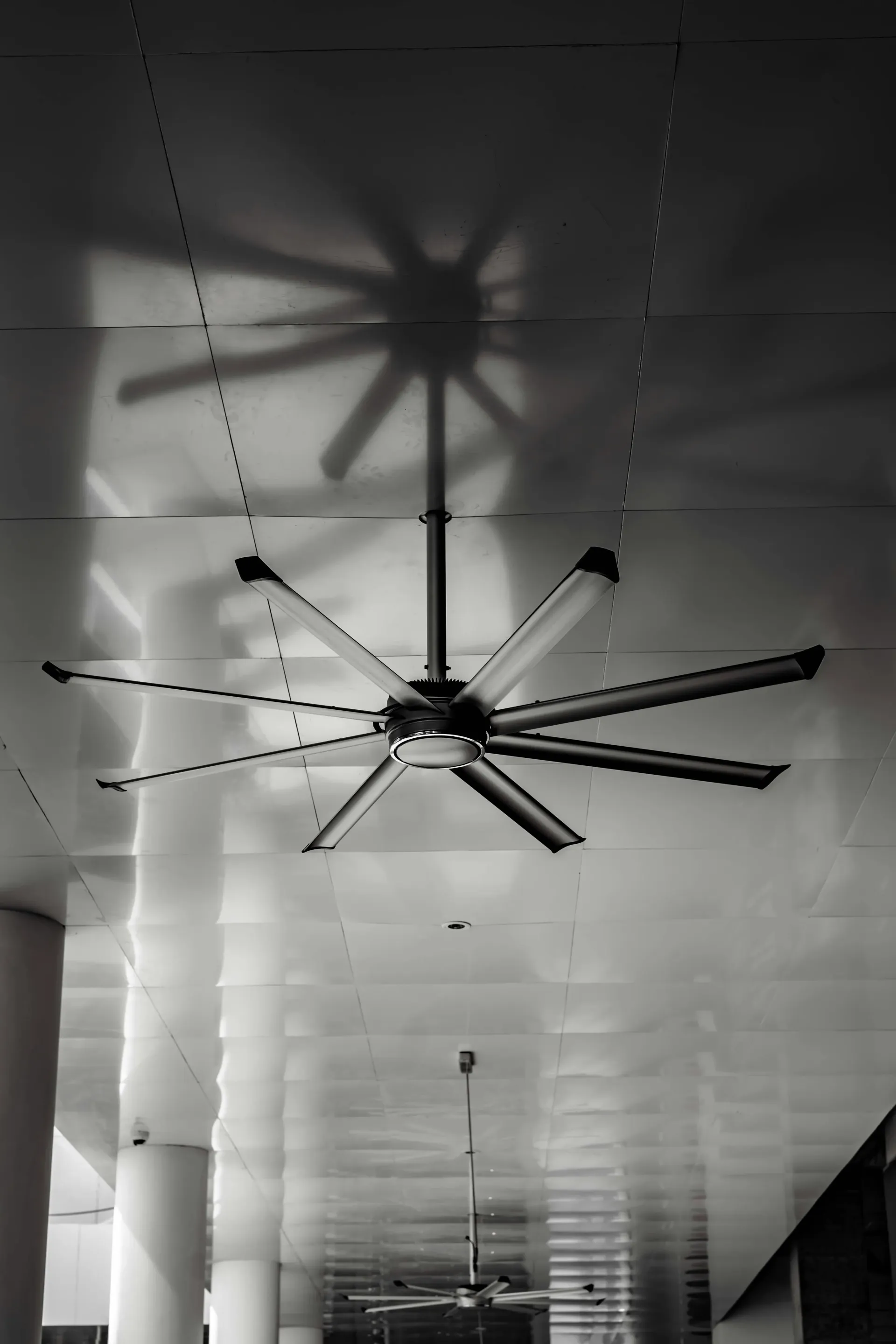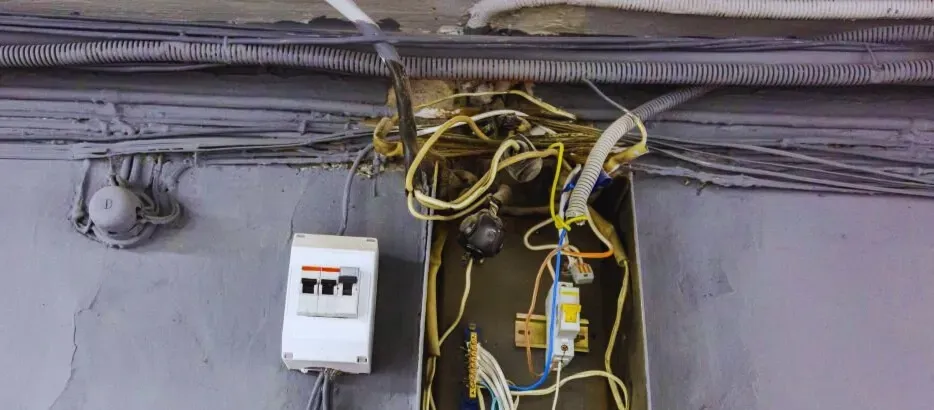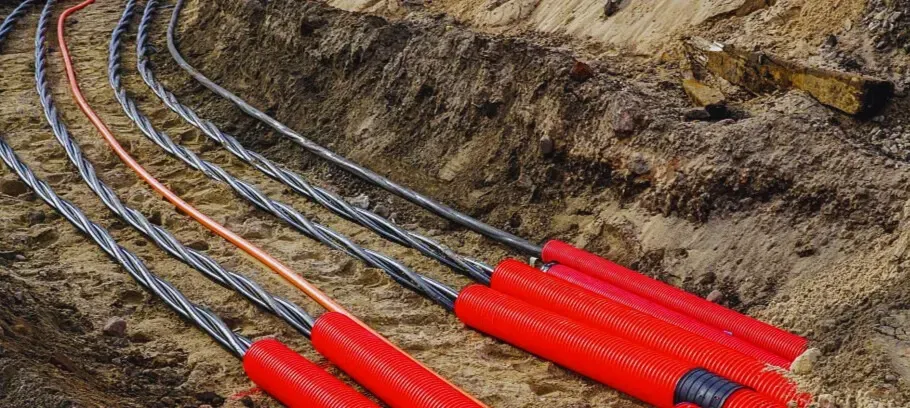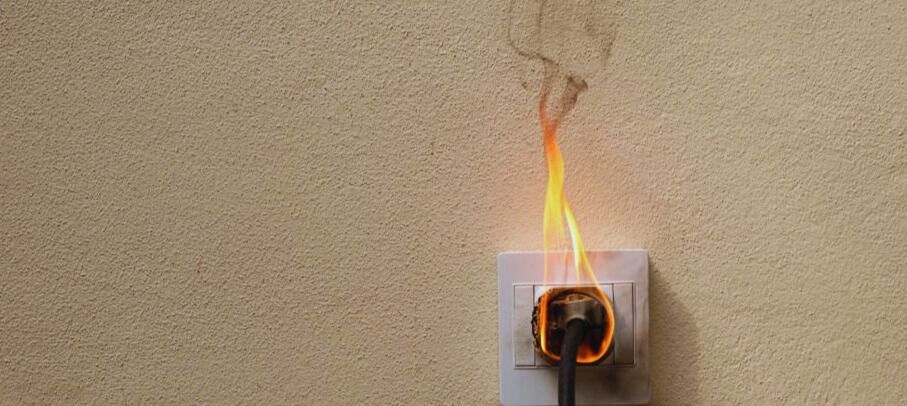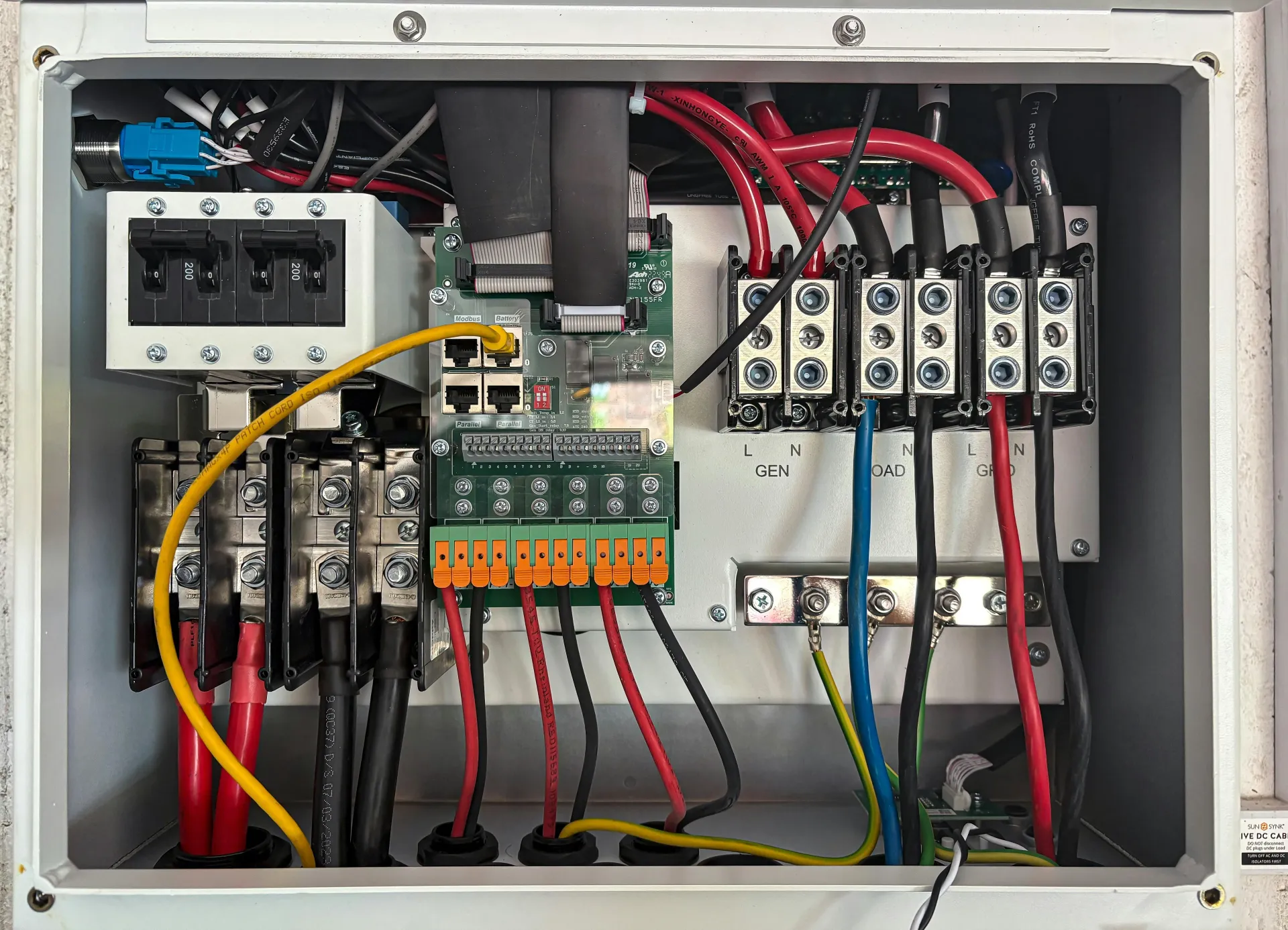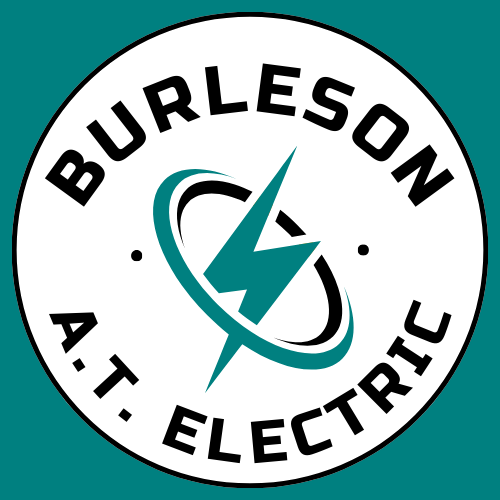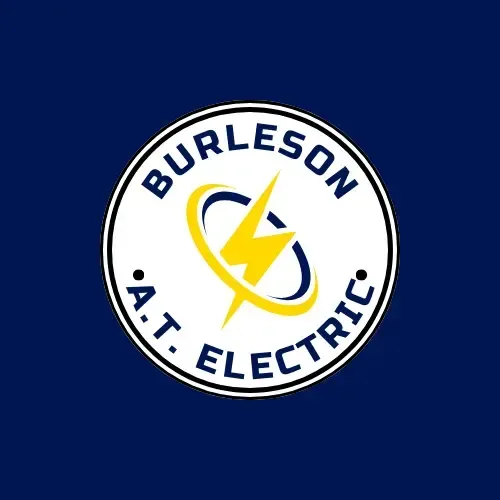Early Warning Signs of Electrical Problems: What to Look For Before It's Too Late
Electrical problems don’t usually appear out of nowhere. Like a whisper before a shout, early warning signs often surface to alert homeowners and business owners of impending danger. Ignoring these signals can lead to disastrous consequences such as fires, property damage, or life-threatening injuries. Therefore, identifying these signs early gives you the best chance to prevent severe issues before it’s too late.
In this comprehensive guide, we will explore the early warning signs of electrical problems, how to spot them, why they occur, and what actions to take immediately.
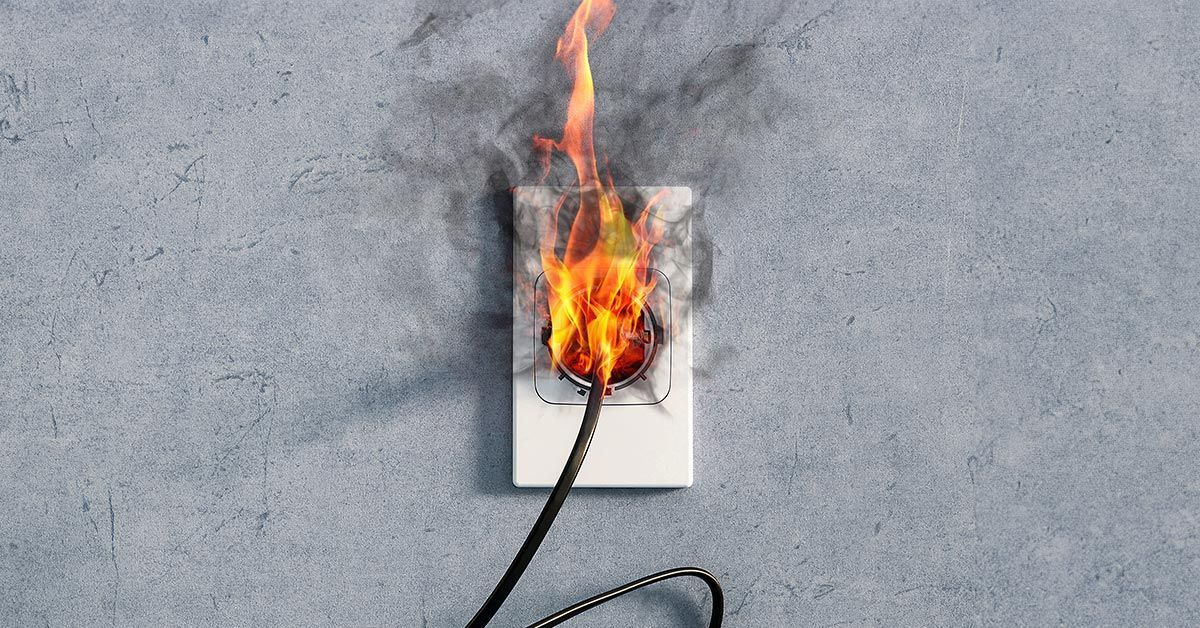
Early Warning Signs of Electrical Problems
Electrical problems are often silent threats hiding behind walls, outlets, and panels. However, with attentive observation, you can recognize many early indicators. Paying attention to these signs could save your home, your health, and your finances.
Flickering or Dimming Lights
One of the most common early warning signs of electrical problems is flickering or dimming lights. At first glance, it might seem like a minor annoyance. However, flickering lights could suggest fluctuating voltage levels, loose wiring, or overloaded circuits. When your lights dim as large appliances kick on, it's often a red flag that your electrical system is struggling to distribute power efficiently.
Often, homeowners mistakenly believe these minor changes are harmless. In reality, they may signal an overloaded circuit, faulty wiring, or a deteriorating electrical panel—all of which require immediate attention. If you notice this occurring frequently, it's time to schedule a professional Electrical Service inspection.
Frequent Circuit Breaker Trips
Circuit breakers are your electrical system’s built-in safety devices, designed to trip and shut off power when a circuit is overloaded or shorted. While the occasional trip may not be alarming, frequent breaker trips are not normal. This behavior indicates persistent overloading or short-circuiting, which can eventually result in damaged wiring or even fires.
You should never continually reset tripped breakers without investigating the cause. Continuous resets only mask the underlying issue, allowing further deterioration and increased risk of catastrophic failure.
Burning Smells or Unusual Odors
If you notice a burning plastic or fishy smell, act immediately. These odors often signal melting wires, overheating outlets, or short-circuits within your walls. Electrical fires frequently begin behind walls or in ceilings, making these smells the only visible warning before disaster strikes.
If you detect these odors, turn off power to the affected area and Contact a licensed electrician without delay.
Buzzing or Humming Sounds
Electricity should flow silently. Buzzing or humming sounds indicate loose wires, faulty circuit breakers, or improperly grounded systems. These vibrations can generate heat, which may eventually ignite surrounding materials.
Ignoring these noises often allows minor faults to escalate into dangerous arcing faults, which are a leading cause of electrical fires in residential buildings.
Warm or Discolored Outlets
If an outlet feels warm to the touch or shows signs of discoloration (yellowing, browning, or melting), you have a problem on your hands. Warm outlets usually point to loose wiring, worn-out components, or overloaded circuits. Discoloration indicates overheating, which can melt insulation and expose bare wires, creating shock and fire hazards.
In these cases, it's advisable to stop using the outlet and schedule a prompt evaluation by a qualified electrician.
Electrical Shocks
A mild shock when touching appliances, outlets, or switches isn’t just uncomfortable—it’s dangerous. Electrical shocks often signify grounding issues or short-circuits in your system. Left unresolved, they could result in life-threatening electrocution or extensive property damage.
Never ignore these shocks. Seek professional help immediately to locate and rectify the problem safely.
Sparking Outlets or Appliances
Sparks from outlets, switches, or appliances are among the most visible warning signs. This sparking may occur due to frayed wires, worn-out outlets, or overloaded circuits. When electricity leaps across small gaps, it creates an electrical arc that can ignite nearby flammable materials.
Because sparks can evolve into full-blown fires within seconds, treat any sign of sparking as an emergency.
Old or Outdated Wiring
Homes built before the 1970s often contain wiring that no longer meets today’s safety standards. Aluminum wiring, cloth-insulated wiring, or knob-and-tube systems degrade over time. These outdated systems were never designed to handle modern electrical loads from today’s appliances and devices.
Routine inspections can identify outdated wiring before it fails catastrophically.
Rodent Activity
Rodents love chewing through wires, stripping away insulation and leaving bare conductors exposed. These exposed wires can short out, spark, and start fires behind walls where you won’t see the problem until it’s too late.
If you suspect rodent activity, have an electrician check your system and repair any damage promptly.
Overloaded Outlets
With our increasing reliance on electronics, overloaded outlets are a growing problem. Plugging multiple devices into one outlet via power strips or extension cords stresses the system, increasing heat and wear on wiring. Over time, this can lead to overheating, melting, and fires.
Permanent solutions like installing additional outlets or upgrading your electrical panel can eliminate these risks.
Faulty Appliances
Sometimes, the issue isn’t the home wiring but the appliances themselves. Faulty or poorly maintained appliances can draw excess current, trip breakers, or overheat. Always unplug malfunctioning devices and have them professionally repaired or replaced.
Light Bulbs Burning Out Frequently
If your bulbs burn out unusually fast, it may indicate poor electrical connections, fluctuating voltage, or incompatible wattage. Ignoring this sign can lead to more significant electrical issues or fire hazards.
Loose Outlets or Switches
Wobbly outlets and switches suggest loose connections that can generate arcing. Arcing creates intense heat and poses a serious fire risk. Tighten loose outlets promptly or call an electrician for assistance.
Electrical Panel Issues
The electrical panel serves as the heart of your home’s system. Signs of problems include burnt smells, tripped breakers, or visible corrosion. Left unchecked, these issues can cause complete system failures or fires.
Routine inspections can prevent these hidden threats from escalating.
Aluminum Wiring Concerns
Homes built in the 1960s and 1970s may contain aluminum wiring, which is prone to oxidation, expansion, and loose connections. These conditions dramatically increase fire risks. Modernizing these systems with safe alternatives is strongly recommended.
Corrosion on Terminals
Corrosion indicates moisture exposure or deteriorating materials within your system. It can lead to increased resistance, overheating, and eventual component failure.
Address any signs of corrosion promptly with professional help.
Vibrating Wall Plates
If wall plates vibrate or hum when devices operate, it may signal underlying wiring issues or overloaded circuits. This vibration often points to wiring too close to metal framing or improperly secured junction boxes.
Lack of GFCI Outlets
Bathrooms, kitchens, and outdoor areas require ground fault circuit interrupters (GFCIs) for safety. The absence of GFCIs increases the risk of electrical shock in wet environments.
Upgrading outlets ensures compliance with modern safety codes.
Flickering Smart Devices
If smart devices experience intermittent flickering or power drops, underlying wiring or voltage inconsistencies may exist. These subtle signs often precede more serious electrical failures.
Surge Protection Failures
When surge protectors degrade, they stop absorbing dangerous voltage spikes. This leaves appliances vulnerable to damage during electrical storms or surges. Replace surge protectors regularly and consider whole-house surge protection.
Overuse of Extension Cords
Extension cords are temporary solutions, not permanent fixes. Over-reliance on them stresses circuits and increases fire risks.
Install permanent outlets where needed to eliminate this hazard.
Inconsistent Power Supply
Power fluctuations, flickering lights, or random device shutdowns may indicate failing transformers, poor grid supply, or internal wiring faults.
Appliance Performance Issues
Unexplained appliance malfunctions may reflect voltage inconsistencies that slowly damage sensitive electronics.
DIY Electrical Work
Improper DIY repairs or installations often bypass safety codes, creating hidden hazards that may surface later as fires, shocks, or system failures.
Always hire licensed professionals for electrical work.
Seasonal Changes Affecting Wiring
Extreme cold or heat can cause wires to expand and contract, loosening connections and degrading insulation over time.
Routine seasonal inspections can catch developing issues early.
Insurance Implications
Many home insurance policies deny claims if preventable electrical issues lead to fire or damage. Keeping your electrical system up to code protects your investment and your family.
When to Call a Professional
If you observe any of these early warning signs of electrical problems, don’t delay. Scheduling a professional inspection can identify hidden issues before they escalate into costly or dangerous emergencies. For reliable Electrical Service and expert evaluations, trust licensed electricians with extensive experience.
FAQs
What are the most common early warning signs of electrical problems?
Common signs include flickering lights, frequent breaker trips, burning smells, buzzing sounds, and warm outlets.
Are occasional breaker trips normal?
A single breaker trip may not be serious, but repeated trips signal underlying issues that need professional assessment.
Can I fix minor electrical issues myself?
While replacing bulbs or resetting breakers is fine, all wiring repairs should be handled by licensed electricians to ensure safety and code compliance.
What does a burning smell mean?
Burning smells often signal overheating wires or components. Shut off power immediately and call an electrician.
Is aluminum wiring dangerous?
Yes, aluminum wiring expands, contracts, and oxidizes easily, increasing fire risk. It should be replaced or properly retrofitted by a professional.
How often should my electrical system be inspected?
A full inspection every 3-5 years is recommended, or immediately if any warning signs appear.
Conclusion
Identifying the early warning signs of electrical problems can save lives, prevent property damage, and protect your financial stability. Although some symptoms may seem minor at first, they often foreshadow serious risks lurking behind your walls. By staying vigilant and proactive, you ensure your home remains a safe haven for your family. Always prioritize safety and consult experts for Electrical Service when in doubt.
Links:
- Electrical Service - https://www.burlesonatelectric.com/
- Contact - https://www.burlesonatelectric.com/contact
